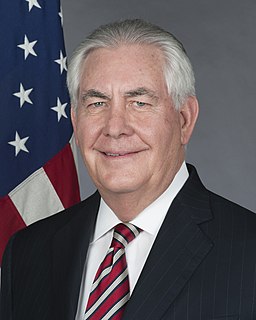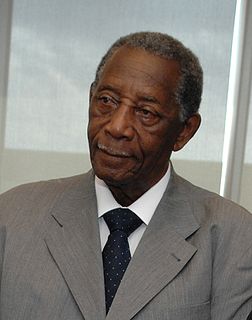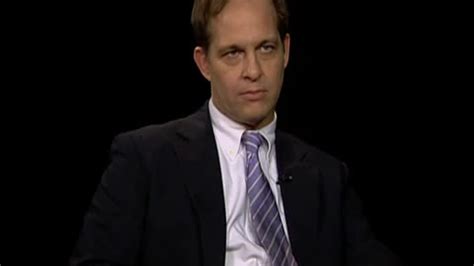A Quote by David Petraeus
US Ambassador to Iraq Ryan Crocker and I have repeatedly sought to emphasize that the progress in Iraq is fragile and also, possibly, reversible.
Quote Topics
Related Quotes
The progress in Iraq is still fragile. And it could still be reversed. Iraq still faces innumerable challenges, and they will be evident during what will likely be a difficult process as the newly elected Council of Representatives selects the next prime minister, president, and speaker of the council.
I know it is said repeatedly that I was in support of the American invasion in Iraq. It is simply not true. I was in favor of helping the Iraqis, and most specifically Ahmad Chelebi and the Kurdish leadership to set up an independent government of free Iraq. I think that would have been the right thing to do.
What matters is that in this Iraq campaign that we clarify the different points of view. And there are a lot of people in the Democratic Party who believe that the best course of action is to leave Iraq before the job is done. Period. And they're wrong. And the American people have got to understand the consequence of leaving Iraq before the job is done. We're not going to leave Iraq before the job is done and we'll complete the mission in Iraq.
Since United States military operations in Iraq began in 2003, I have visited Iraq at least 15 times. But unlike politicians who visit, the question for me has never been why the U.S. got into Iraq. Instead, as the CEO of Blackwater, the urgent question was how the company I head could perform the duties asked of us by the U.S. State Department.
I made a movie to explain to the American public what had been achieved in regards to disarmament of Iraq and why inspectors aren't in Iraq today and detailing the very complex, murky history of interaction between Iraq, the United Nations and the United States. It is most definitely not a pro-Iraq movie. It is a pro-truth movie.



































